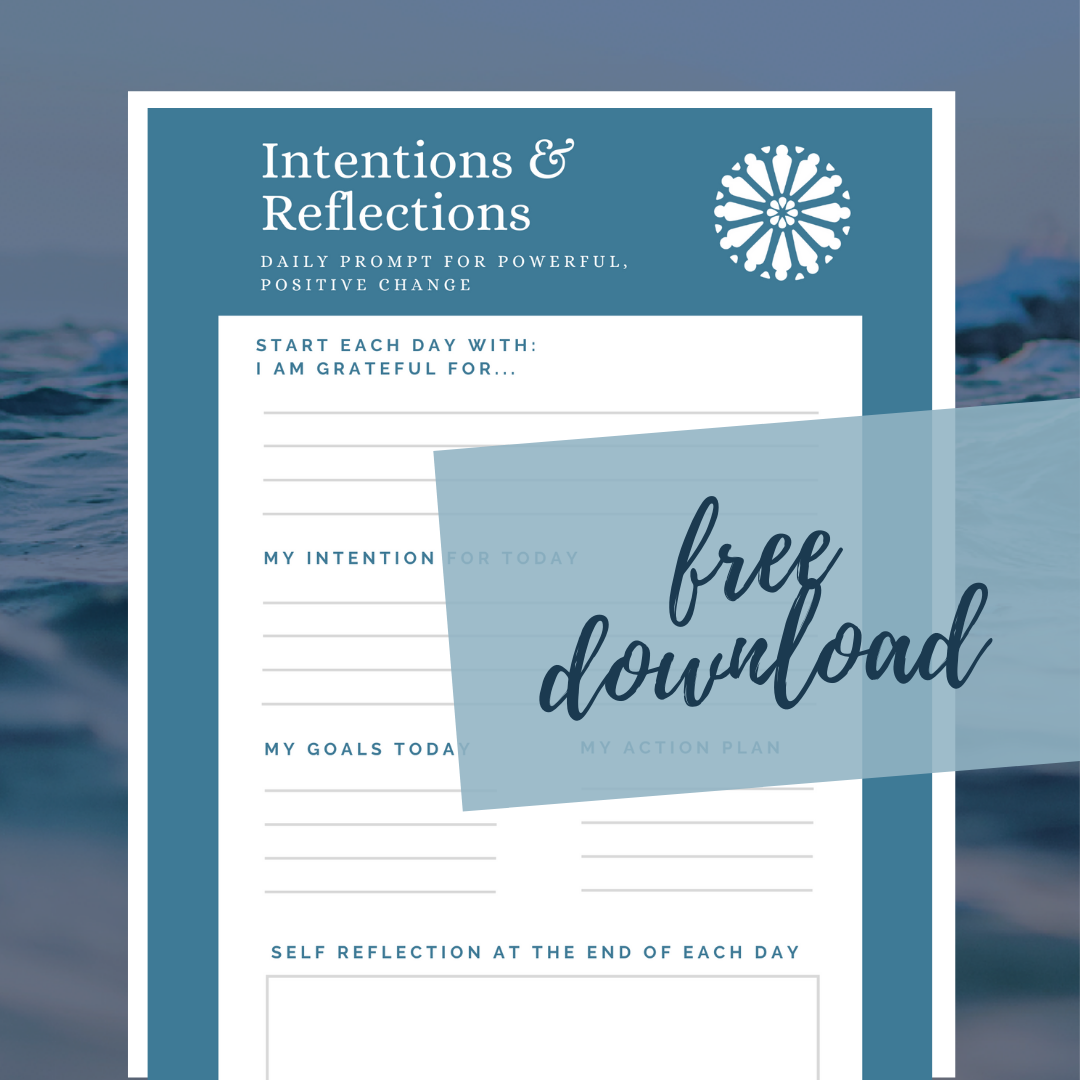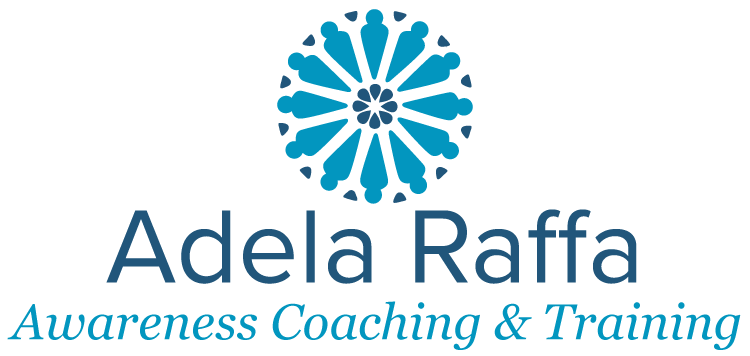NLP: 5 Tips for Effective Communication

I study people and how they communicate.
The following scenario was an accidental golden nugget to add to my research. I overheard a conversation between a couple in a local coffeeshop. It went something like this:
She said: “You seriously lack communication skills!”
He said: "How would you know, you never listen!”
And it went downhill from there…However, this was music to my ears! And not because I like eavesdropping on people arguing, but because the exchange offered valuable insight from an NLP perspective:
Communication skills are vital in relationships (both personal and professional)
Most people don’t know how to navigate conflict (both personally and professionally)
Truth is, miscommunication happens.
It’s how we handle ourselves that can make a difference between chaotic and calm relationships. So, what can we do differently when we are in the midst of a conflict or a misunderstanding? Here are 5 nuggets for you to consider:
Pause. Stop talking even if this goes against your instincts of wanting to defend, explain or project. Do your best to stay in your body and focus on your breath to center yourself. Let the emotions come and go. Your turn to speak is when you feel calm and grounded. You will be heard from this place.
Be present. Focus on here and now. Too often we drag past experiences into the present moment and project old, unfinished business to the current situation. Relax and be flexible in the current experience. Avoid needing to ‘be right’ and having expectations of future outcomes. Accept what is here now.
Listen. Listening is the gateway to compassion and empathy. Engage your body and senses to ‘hear, feel and see’ what’s being said, and pay closer attention to what isn’t said: watch the nonverbal cues. Also, become aware of your own body language and tone.
Seek understanding. Keeping an open mind without judgment, assumptions or jumping to conclusions about the other person. Make an attempt to understand the speaker’s point of view and realize their perspective may be different than yours. Stay curious and open to learning.
Look for an opening. When you seek to connect and establish rapport, even during discomfort, it send a signal that a positive outcome is desired. For example, if the man had said something like, “Can you say more about how you perceive my communication skills, I’m curious to hear about it,” or even if he started out with an “Ouch! Darn, that hurt! But, please say more…”. That may have been an opening for a different kind of conversation than the one I overheard. Or the woman could have said “I would like to share my experience when we communicate. Would you be open to hearing me out?”
With self-awareness, conflict can transforms a relationship.
If we can look at misunderstanding as an opportunity to learn, grow and expand our viewpoint, conflict would be revolutionary, or at least transformational, for our personal development. Imagine the possibilities for creating deeper understanding and intimacy if we view conflict as a positive and not a negative….
In my world, I prefer calling conflict ‘information” and use ‘courageous conversations’ instead of conflict resolution, because it takes risk, courage and vulnerability to engage in conversations that seek understanding and common ground.
To Powerful, positive change…Cheers!
Adela

“Adela helped me during my darkest hours, when I felt hopeless and alone. Her compassion and support helped me find strengths within myself I didn’t know existed. Her belief in me became my guiding light until I could carry it for myself.”
– Jennifer
